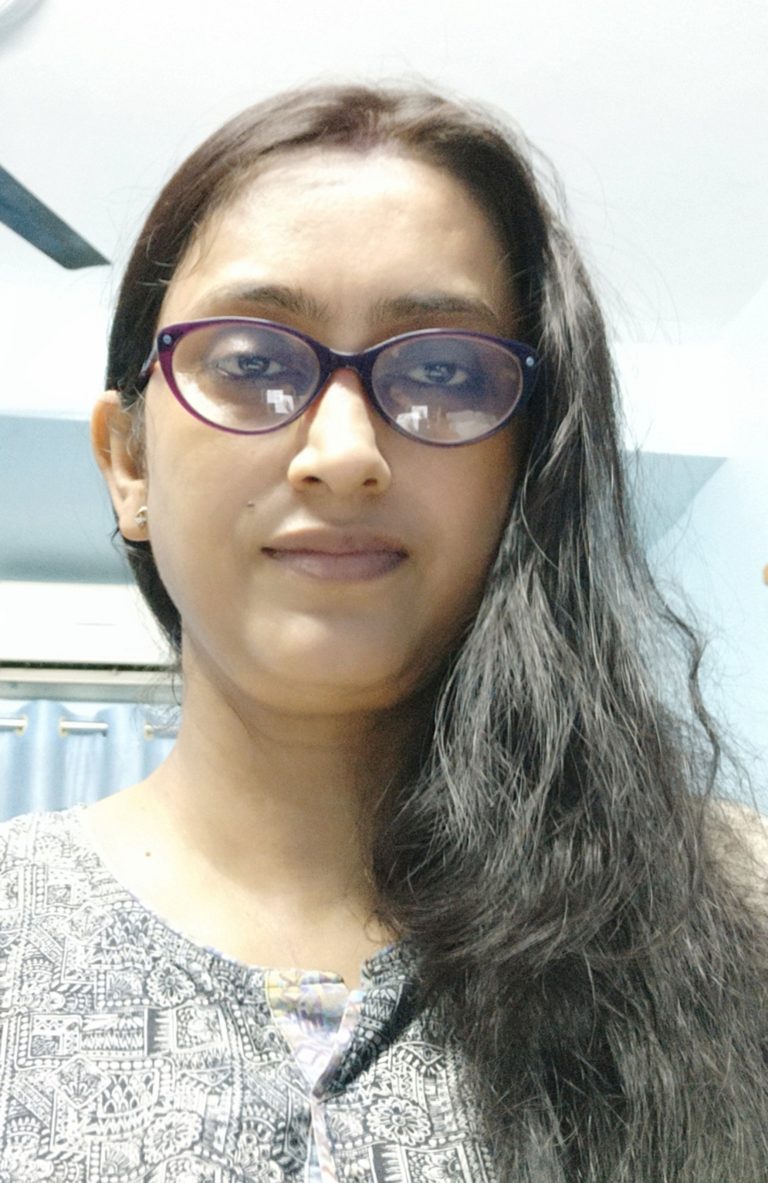Joyeeta Banerjee is a teacher in a rural school, Nikunjapur High School, in Bankura, West Bengal. She describes with sadness the trauma of watching the surge in crimes against girls and women. What can we do as educators, she asks? Are we doing enough?
The recent surge in violent crimes against girls and women has left me with a deep-seated angst. Innumerable questions keep tormenting me and among them is – are we failing as educators? J Krishnamurti said that education in the true sense is ‘helping the individual to be mature and free, to flower greatly in love and goodness?’ Are we as educators conscious of this?
Krishnamurti spoke at length on right education. ‘Conflict and confusion result from our own wrong relationship with people, things and ideas, and until we understand that relationship and alter it, mere learning, the gathering of facts and the acquiring of various skills, can only lead us to engulfing chaos and destruction.’
We can see that the present crisis is obviously the result of wrong values. Unfortunately, these values are also perpetuated because of our ’enclosed’ educational spaces where children are not allowed to think for themselves, to explore, to learn. And so they grow up without understanding life in all its dimensions, including the significance and proper place of sex in their lives.
Isn’t it perhaps true that present day education does need radical change in so many ways? For example, I wonder whether the syllabus that we use to communicate with learners at schools gives a distorted message to children. Even more so on matters related to sex and sexuality with which they then try to cope on their own in a social environment which is not conducive to learning.
As an educator, I also need to introspect. I looked at the English syllabus for the 11th grade and saw that the poem ‘The Sick Rose’ by Blake is prescribed there. The poem has allusions to sex and sexuality which need to be looked at and understood with open minds. But I, being a teacher of ESL (English as a second language), fail to convey the essence of the poem fully to a class of 175 learners from a rural background. Why do I fail, I have often asked myself? True, the class numbers are large but is that the only factor?
To find an answer, I often visit the trove of J Krishnamurti’s teachings and to my delight, I find helpful pointers. The quote below is from the book ‘Education and the significance of life’.
‘LIKE other human problems, the problem of our passions and sexual urges is a complex and difficult one, and if the educator has not deeply probed into it and seen its many implications, how can he/she help those he/she is educating?’
I am trying to probe deeply and understand. I am feeling that it is not at all easy but I have to. Not just for myself but also for the many children in my school who need to understand the complexities of life. We are both learners in this field of life.
P.S. There is an interesting short 8 minute video extract from a public talk by J Krishnamurti in 1969 where he said that education at present is a form of violence. Please do watch. The transcript is also available.


A sensitive issue brought up with much passion. Thanks, Joyeeta.
I too, being a teacher, feel that when a teacher is passionate- not only about teaching and students- but about the whole of living, sensitivity pulsates. It never goes wasted.
I wish you the very best.
Nandini
Thanks for valuable insight .
Thank you Nandiniji for your kind words.
Thankyou Sudip.